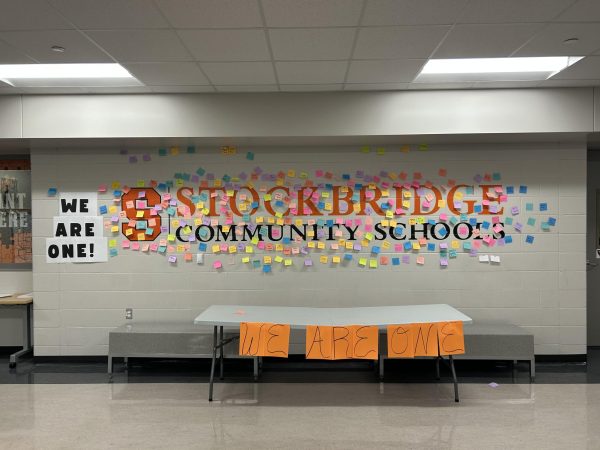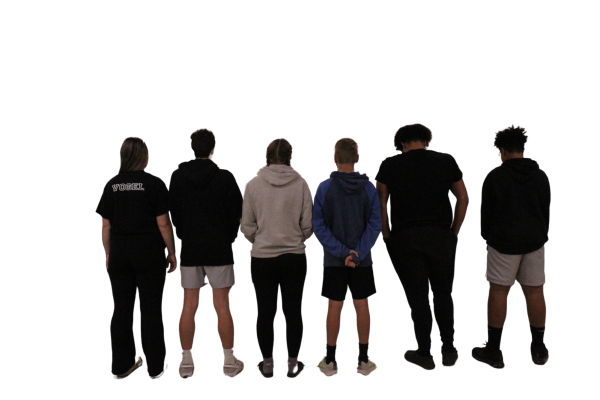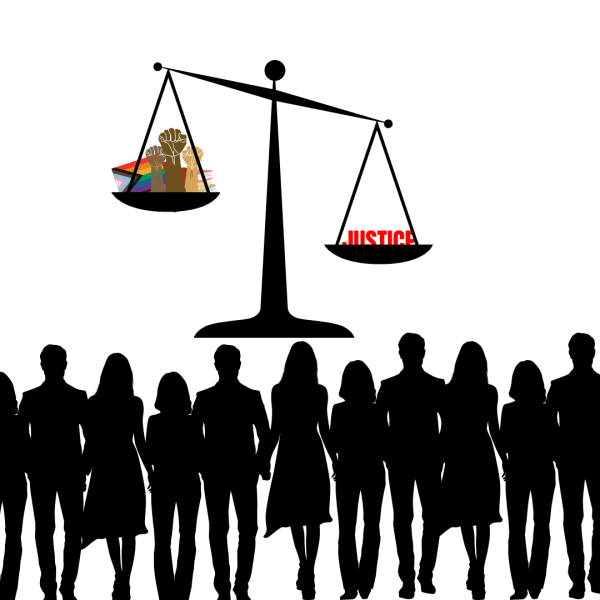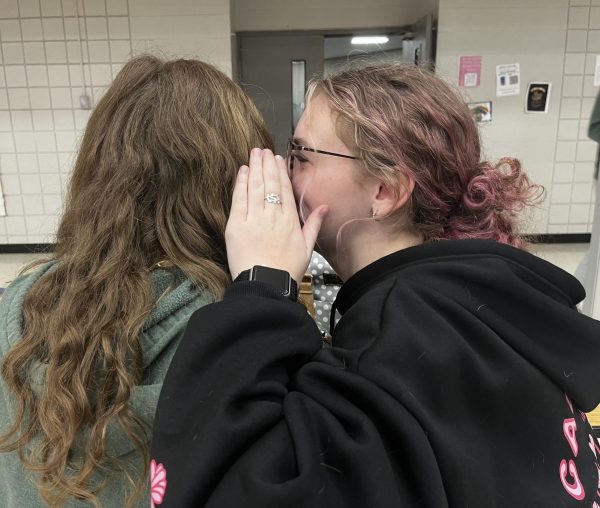eighty of us were killed. You should care about that
Consider that this number represents the journalists killed in 2018 alone, not to mention the ones jailed and silenced, according to the Committee to Protect Journalists.
eighty people going about their days, doing their jobs—80 murdered. Linger on that thought for a moment. That’s a pretty big number of journalist killed for exposing the truth.
This atrocity affects everyone who expects the news in the morning, afternoon and evening. Without journalists, viewers would only get the weather and the traffic. “Some 57 percent of U.S. adults often get TV-based news, either from local TV (46 percent), cable (31 percent), network (30 percent) or some combination of the three,” Pew Research Center found in a survey.
Everyone should know what journalists really do and appreciate how much they help us understand what’s going on around us, for instance informing everyday people about the global security concerns, civil unrest or war efforts.
Journalist go to places most wouldn’t think to, making sure the story is told, the truth revealed. They take risks for the people, they tell the story that might have not come to light if not for them. Journalists take risks, such as going into places that may have a war or fight going on. They shed light on powerful individuals who are involved in wrongdoing to get the information out to the public on the daily.
251
Think about it, 251—that’s the number of journalists silenced and imprisoned in 2018, according to Committee to Protect Journalists. Let that sink in. Journalists all over the world try to tell their stories, but some stories never reach the paper.
News consumers don’t realize the time and effort journalists put into making sure they cover an issue or get something out. However, journalists can’t do their job if they’re jailed or if they get their press pass taken away. These journalists fight just to do their jobs and get the story out to inform the people.
Journalists have the annoying stigma, like the paparazzi and reporters hogging the mic when they can ask questions. They have to tread carefully when putting out a story because they never know it’s their last story, if they even get it out.
The job of a journalist gets stereotyped as a person sitting at a desk, writing stories to appeal to particular interest groups or political points of view. Yet, the job can, at times, pose a risk. The last thing a journalist does is sit at a desk.
Journalism does not have a dangerous connotation attached to it like firefighters or police officers. Journalists carry a pen and notebook, but maybe they should carry body armour and a gun.
Pelin Ünker, a journalist in Turkey got sentenced for 13 months of imprisonment for writing the truth for the public to see. She works for Paradise Papers, yet she was the only one to get sent to jail. Ünker, as a journalist, knew that she should reveal the documents that interested the public.
“Journalists routinely faced politically-motivated attacks in Turkey. She was just the latest victim of repression,” according to International Consortium of Investigative Journalists.
Ünker said she won’t let this stop her, though. She will continue doing journalism. Just because a reporter gets pushed down for telling a story doesn’t mean she stays down and stops.
Journalists have been killed, silenced and imprisoned, yet they still go out there and do their jobs. They know the people need to know what’s going on.
A staggering 80 journalist killed in 2018 and 251 silenced and imprisoned—think about that—truly think about it.
We should want to stop these numbers from getting higher. It’s a new year and time for a change.






